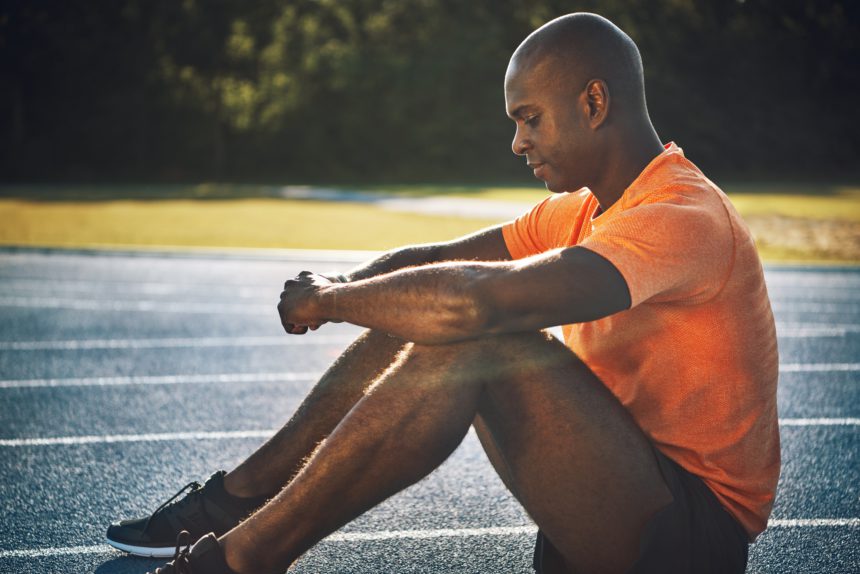Preparing for an important match is a multifaceted process that requires both physical and mental readiness. Athletes at all levels understand that success in sports is not solely determined by skill; it also hinges on how well they prepare themselves in the days leading up to the event. This article will explore effective strategies for physical and mental preparation, providing insights that can help athletes perform at their best when it matters most.
Physical Preparation: Building the Foundation
Physical preparation is crucial for optimal performance. It involves not only training but also recovery, nutrition, and hydration. Here are some key components to consider:
- Training Regimen: Tailor your training to the specific demands of your sport. For example, a soccer player might focus on endurance and agility drills, while a weightlifter would concentrate on strength training.
- Rest and Recovery: Ensure adequate rest days in your training schedule. Overtraining can lead to fatigue and injuries. According to a study published in the Journal of Sports Sciences, athletes who incorporate rest days into their training see a 20% improvement in performance.
- Nutrition: Fuel your body with a balanced diet rich in carbohydrates, proteins, and healthy fats. A study by the International Journal of Sport Nutrition and Exercise Metabolism found that athletes who maintain proper nutrition have better endurance and recovery rates.
- Hydration: Staying hydrated is essential for peak performance. Dehydration can lead to decreased strength and endurance. The American College of Sports Medicine recommends drinking water before, during, and after exercise.
Mental Preparation: Cultivating a Winning Mindset
Mental preparation is equally important as physical training. The right mindset can significantly influence performance. Here are some strategies to enhance mental readiness:
- Visualization: Many elite athletes use visualization techniques to mentally rehearse their performance. For instance, Olympic swimmer Michael Phelps famously visualized his races in detail, which helped him achieve multiple gold medals.
- Goal Setting: Set specific, measurable, achievable, relevant, and time-bound (SMART) goals. This approach helps athletes focus on what they can control and reduces anxiety about the outcome.
- Mindfulness and Relaxation Techniques: Practices such as meditation, deep breathing, and yoga can help reduce stress and improve concentration. A study published in the Journal of Clinical Psychology found that mindfulness training can enhance athletic performance by increasing focus and reducing anxiety.
- Positive Self-Talk: Replace negative thoughts with positive affirmations. For example, instead of thinking, “I can’t do this,” tell yourself, “I am prepared and capable.” This shift in mindset can boost confidence and performance.
Case Studies: Success Stories in Preparation
Examining the preparation strategies of successful athletes can provide valuable insights. Consider the following examples:
- Serena Williams: The tennis champion emphasizes the importance of both physical and mental preparation. She follows a strict training regimen while also practicing visualization and positive self-talk before matches.
- Tom Brady: The NFL quarterback is known for his meticulous preparation routines, which include studying game footage, maintaining a strict diet, and practicing mindfulness techniques to stay focused during high-pressure situations.
Statistics: The Impact of Preparation on Performance
Research supports the notion that thorough preparation leads to better performance outcomes. A survey conducted by the National Athletic Trainers’ Association found that athletes who engaged in structured mental training reported a 25% increase in their performance levels. Additionally, a study published in the Journal of Sports Psychology indicated that athletes who practiced visualization techniques improved their performance by an average of 10% compared to those who did not.
Preparing for an important match involves a comprehensive approach that integrates both physical and mental strategies. By focusing on tailored training, proper nutrition, hydration, and mental techniques such as visualization and positive self-talk, athletes can enhance their performance and increase their chances of success. The stories of elite athletes like Serena Williams and Tom Brady serve as powerful reminders of the importance of preparation. Ultimately, the key takeaway is that success in sports is not just about talent; it is about how well one prepares for the challenges ahead.
